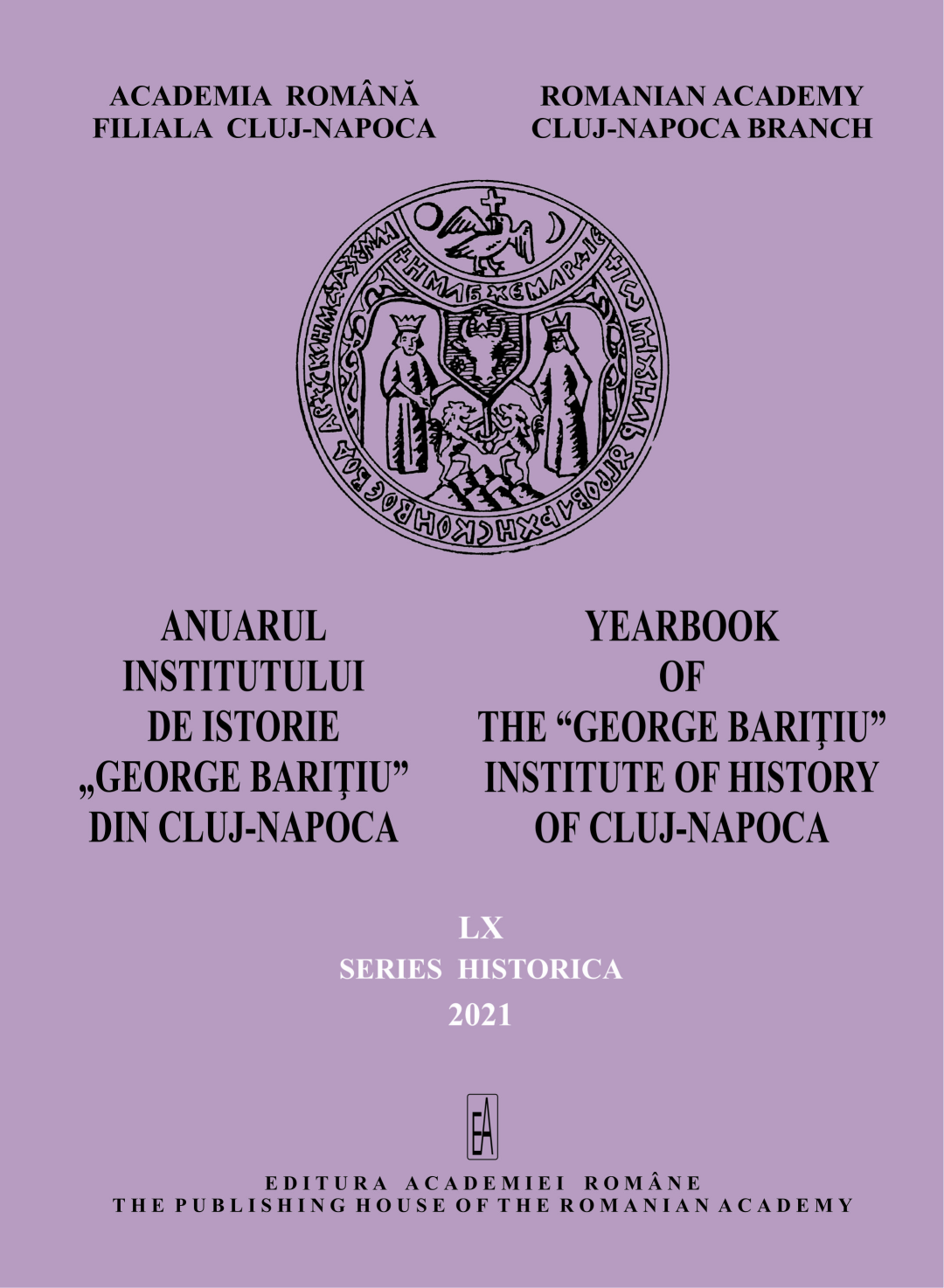Biserica evanghelică C.A. în România postbelică: rivalități interne, intervenții externe și instrumentalizarea trecutului nazist
The Evangelical Church in Postwar Romania: Inner Rivalries, External Interventions and the Instrumentalization of the Nazi Past
Author(s): Corneliu PintilescuSubject(s): Local History / Microhistory, WW II and following years (1940 - 1949), Post-War period (1950 - 1989)
Published by: Editura Academiei Române
Keywords: Evangelical Church A.C.; Postwar Romania; Nazification; Securitate;
Summary/Abstract: The Evangelical Church of Augustan Confession faced multiple challenges in postwar Romania caused by the dramatic history of the Romanian Germans during the Second World War and the early postwar period. After experiencing a deep process of Nazification during the episcopate of Wilhelm Staedel (1940–1944), the Evangelical Church had to face in the early postwar period the impoverishment of its parishioners, a fierce inner competition for power, and the skillful strategies carried out by the Securitate in order to impose its control on the church leadership. Drawing mainly on the Securitate files created during the surveillance activity on Bishop Friedrich Müller, this article aims to provide an insight into how the competition between different groups within the leadership of the Evangelical Church of Augustan Confession transcended the postwar political transition in Romania. It also brings to the fore how the Securitate tried to manipulate these inner rivalries and the issue of the Nazi past in order to take full control over the leadership of the Evangelical Church and why some of its plans (such as the one that aimed in 1952 at removing Bishop Friedrich Müller from office), failed.
Journal: Anuarul Institutului de Istorie »George Bariţiu« - Series HISTORICA
- Issue Year: LX/2021
- Issue No: 60
- Page Range: 197-216
- Page Count: 20
- Language: Romanian

